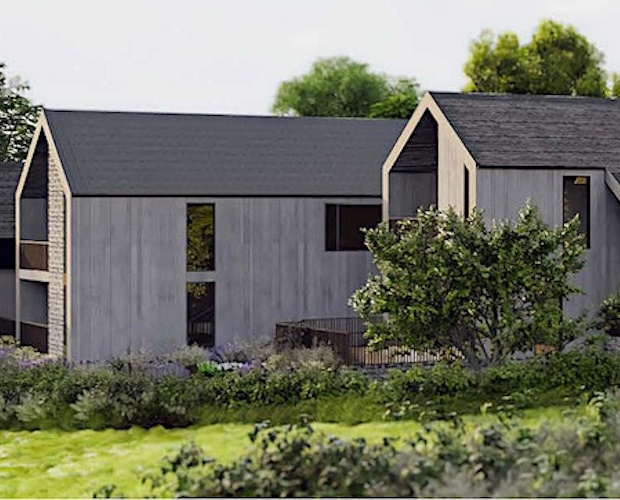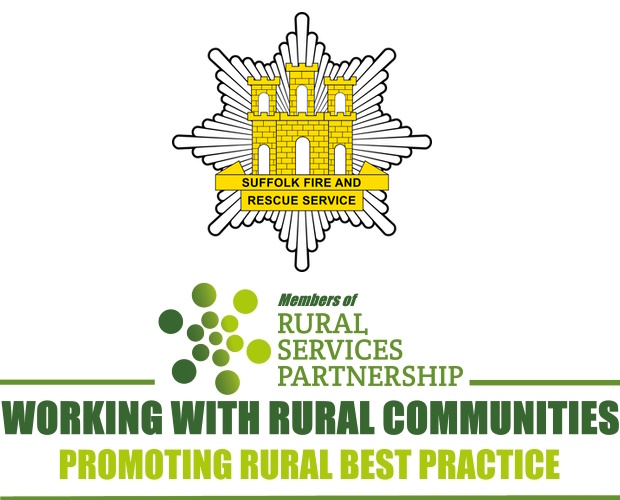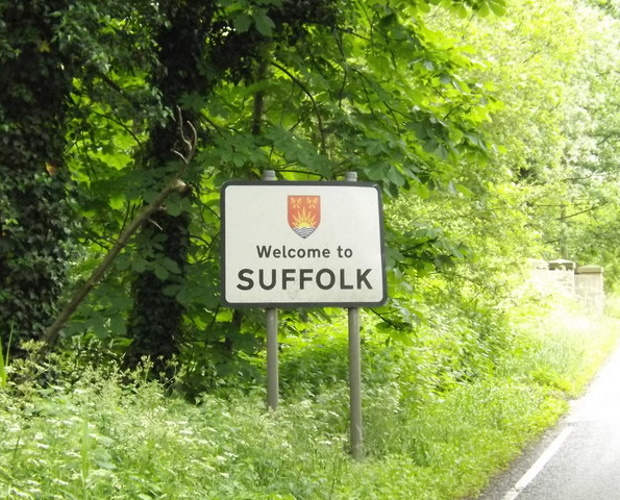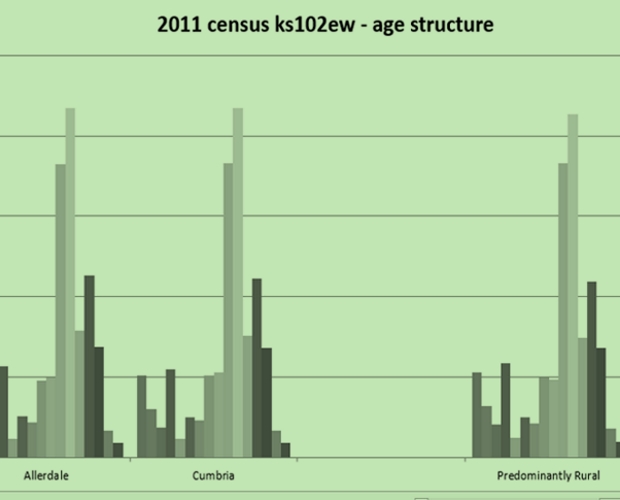T: 01822 851370 E: [email protected]
RSN Voices Serious Concerns Over ‘Fairness’ Of Settlement
Read here...
RSN members are being invited to find out more about how to deliver net-zero homes and low carbon retrofit. The conference on Tuesday 5 September 2023 has three workstreams focussed on net-zero newbuild, low carbon retrofit, and community-led housing. The...
Suffolk, famous for its beautiful history and wide open countryside has, like many other rural communities faces the potential issues of field, stubble and thatch fire incidents on an annual basis. In 2022, the UK and Europe face prolonged periods...
Transport East are launching our first Rural Mobility Survey. This survey will reveal a wider picture of the connectivity challenges and opportunities in their region as well as understanding the baseline for transport in rural areas. All Town and Parish...
East Anglian Daily Times reports that a Suffolk MP has given the government's plan to 'level up' rural communities a B grade, saying "we need to keep up the pressure" In July, after a study found that government funding formulae...
A successful neighbourhood plan must be based on evidence and an understanding of the place they relate to. Communities need to gather a range of evidence and local knowledge before writing their plan. We have collated a selection of evidence,...
NEWSLETTER
Sign up to receive all our latest news and updates.
HOT TOPICS
Amid reduced public spending, fair resource allocation across regions is crucial. Despite a population larger than Greater London, rural areas receive significantly less funding for essential services, even though delivering these services in rural areas is more expensive.
Economic growth is widely acknowledged as essential for national wealth and prosperity and is a priority for political parties. Rural economies, employing millions and home to a higher proportion of small businesses, have potential for growth if barriers are removed.
Rural residents face distinct healthcare challenges, including limited access to transport, longer distances to medical facilities, an aging demographic, housing inadequacies, digital connectivity gaps, and difficulties recruiting health and care workers.
Rural communities are grappling with a severe affordable housing crisis, marked by high house prices, a lack of affordable housing, elevated living costs, and lower incomes, threatening their sustainability and vitality.
Transport is vital for the quality of life and economic health of rural areas, yet it faces challenges such as infrequent public bus services and less Government funding compared to urban regions.
Rural areas, encompassing a substantial portion of England's population and land, play a pivotal role in combating climate change and achieving the net zero target.
In an increasingly digital world, the lack of robust digital infrastructure in rural areas severely limits access to crucial services and stifles economic growth.
A future-focused vision for rural communities involves not just building the right homes in the right places but also ensuring thriving, sustainable communities.
SIGN UP TO OUR NEWSLETTER
Sign up to our newsletter to receive all the latest news and updates.








